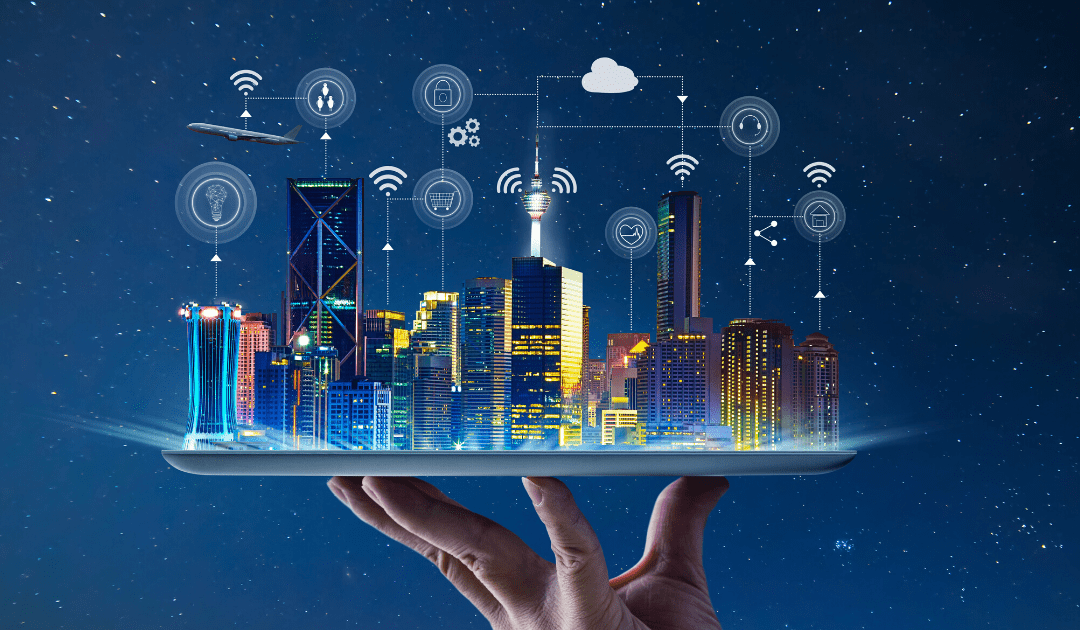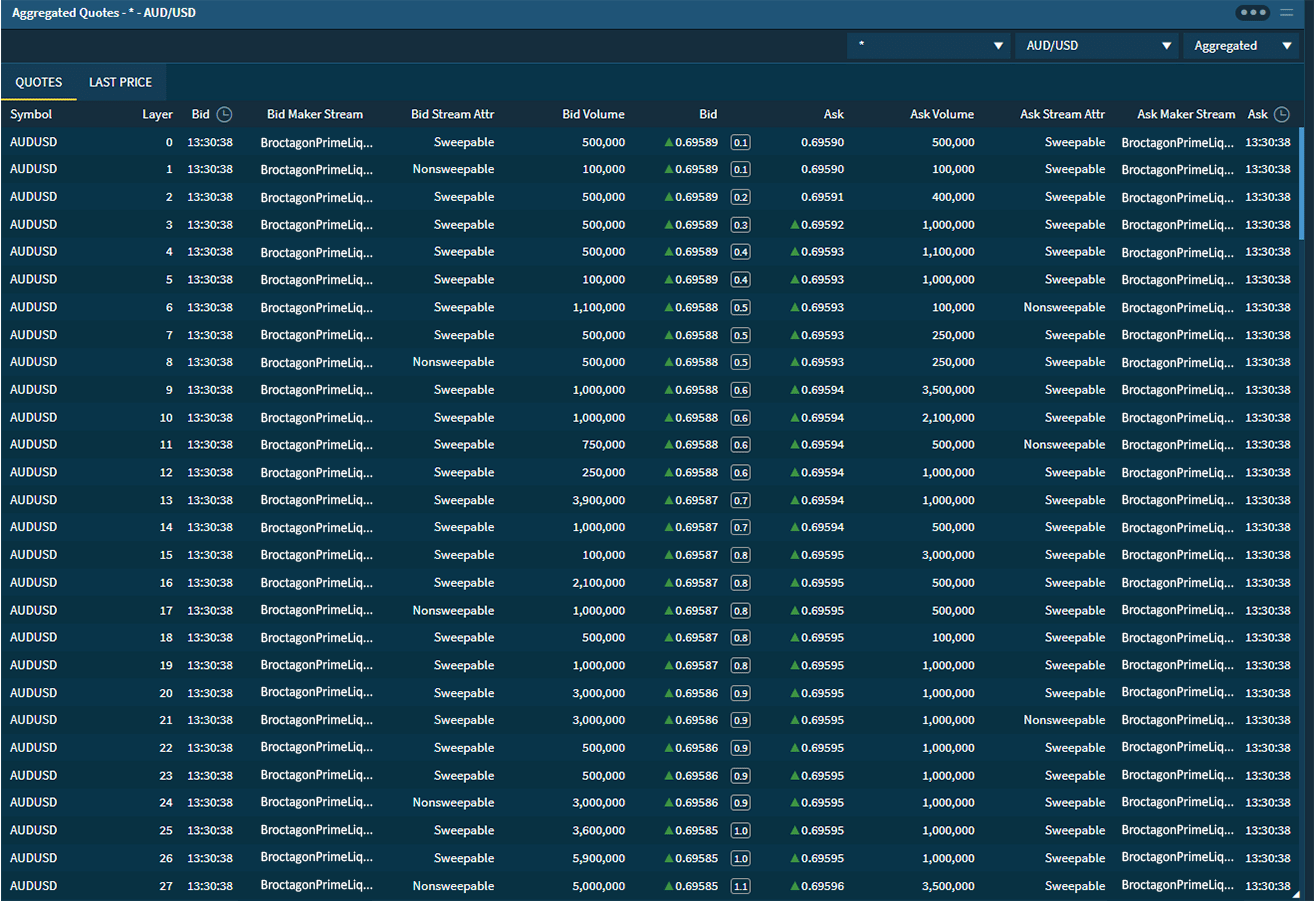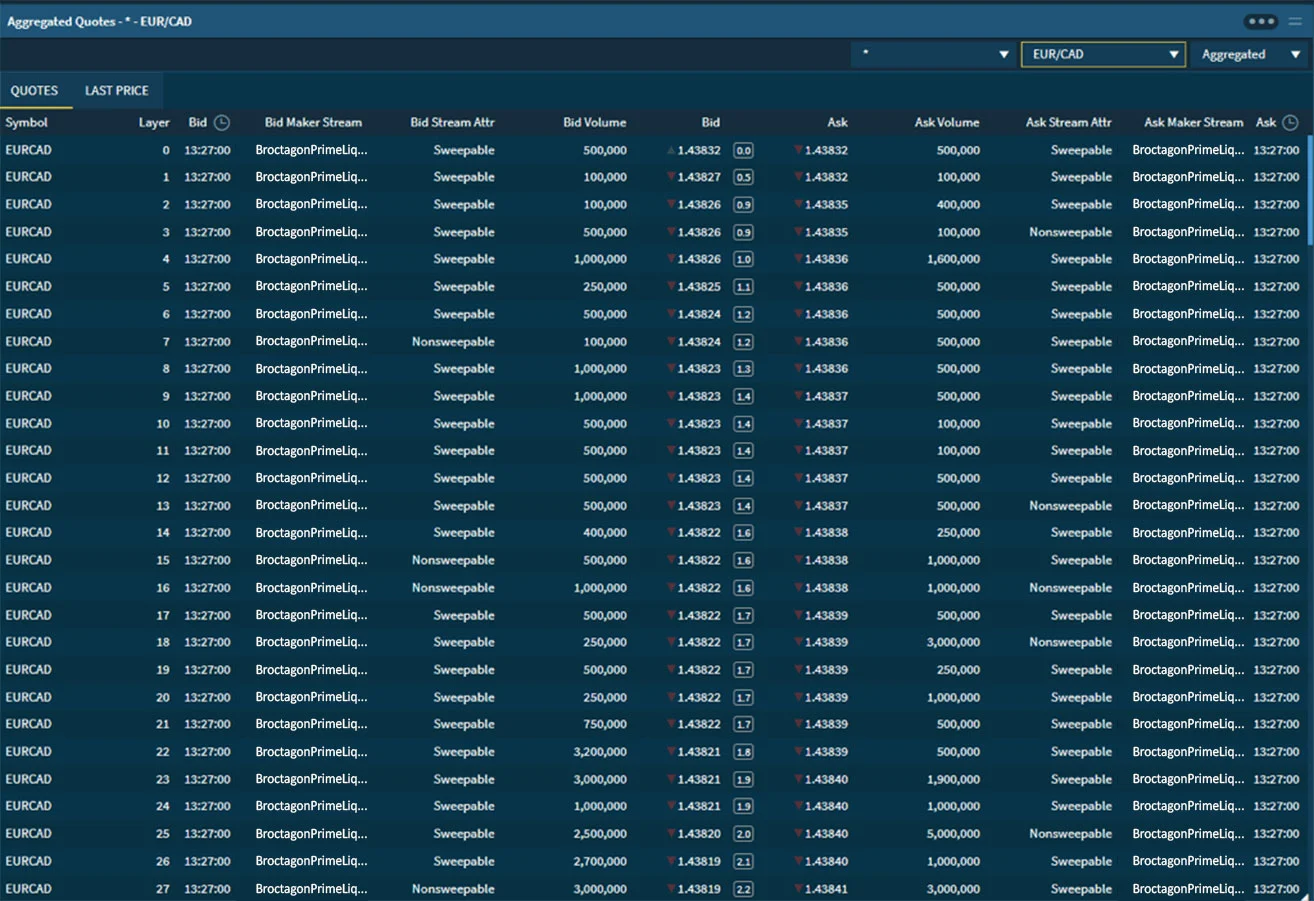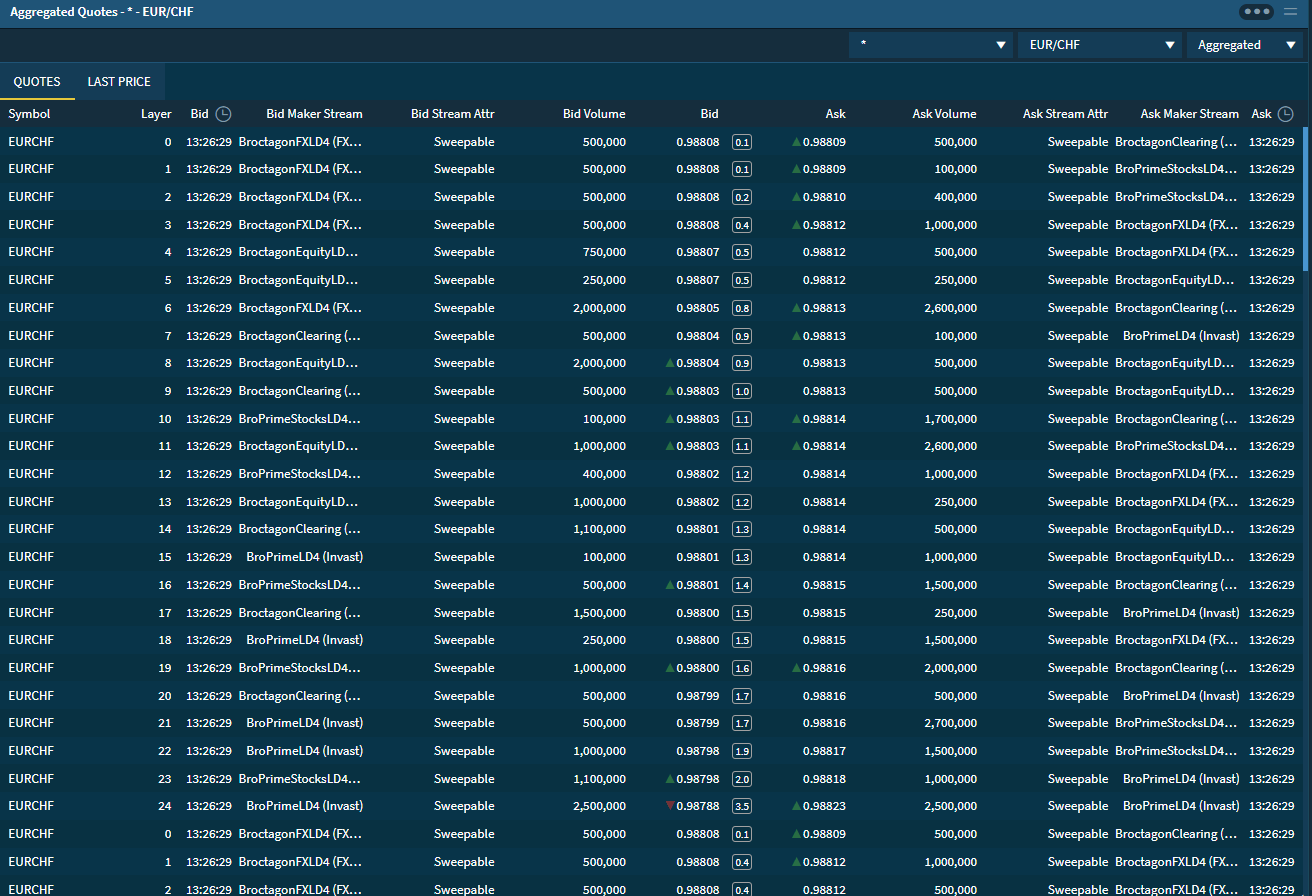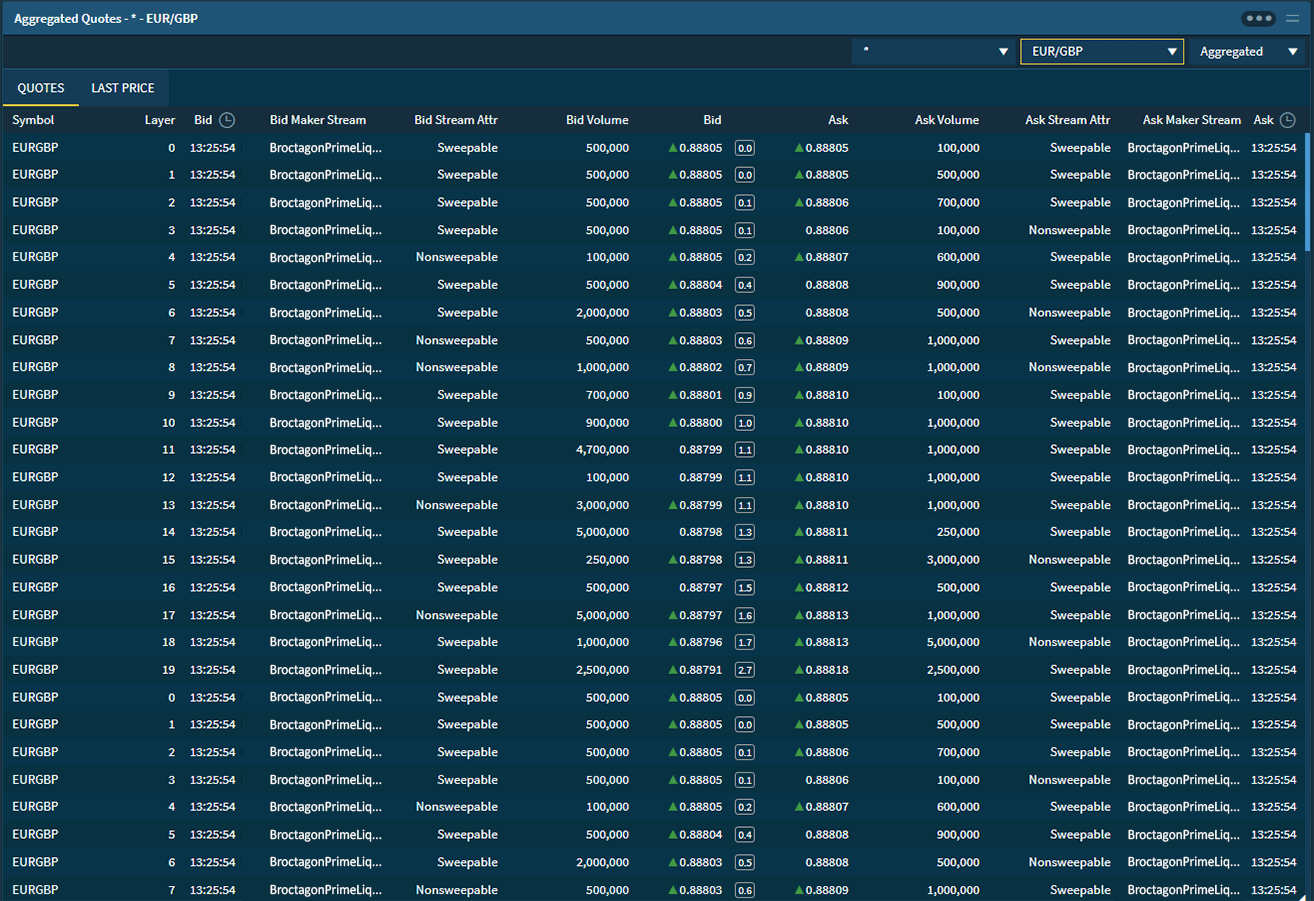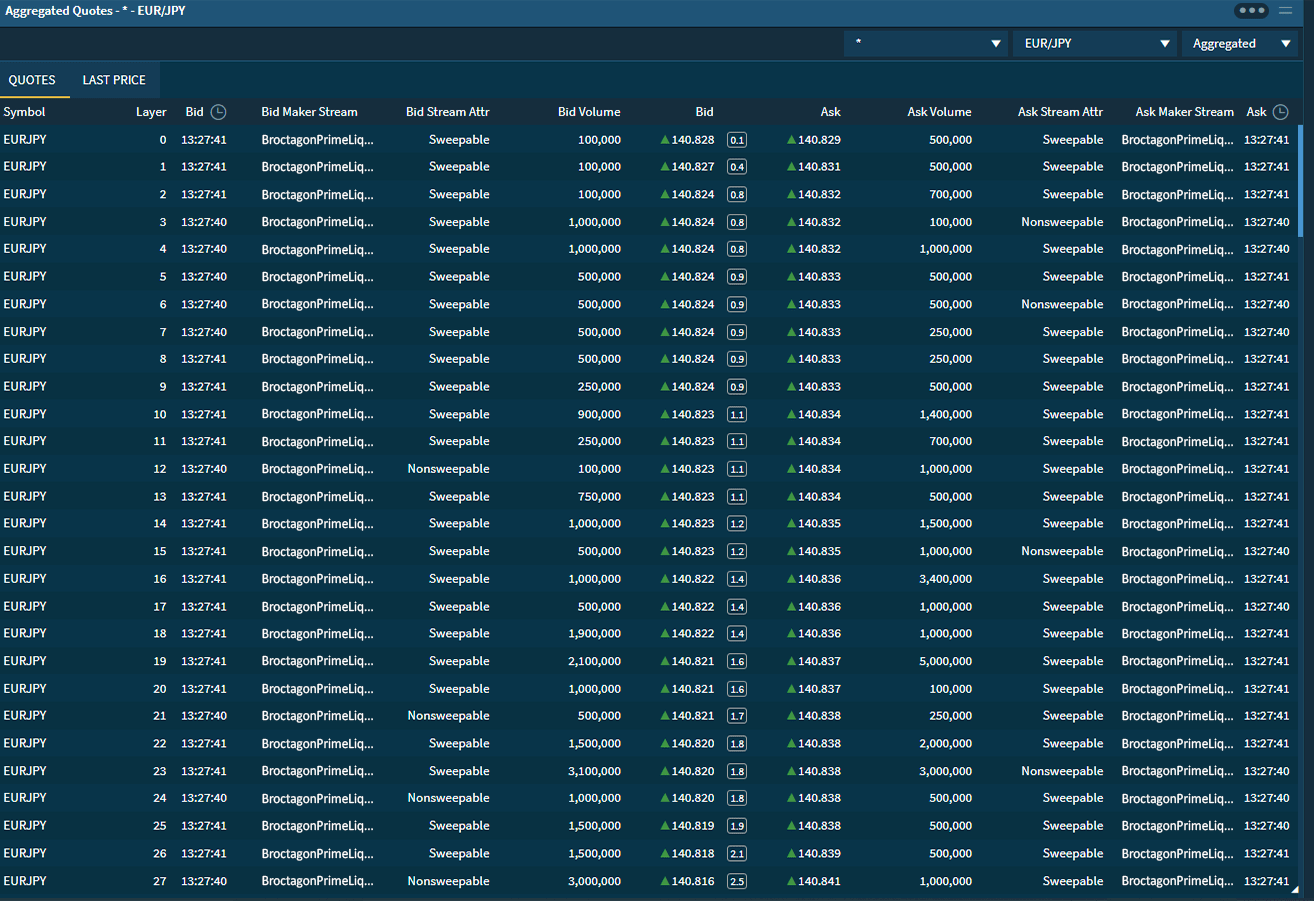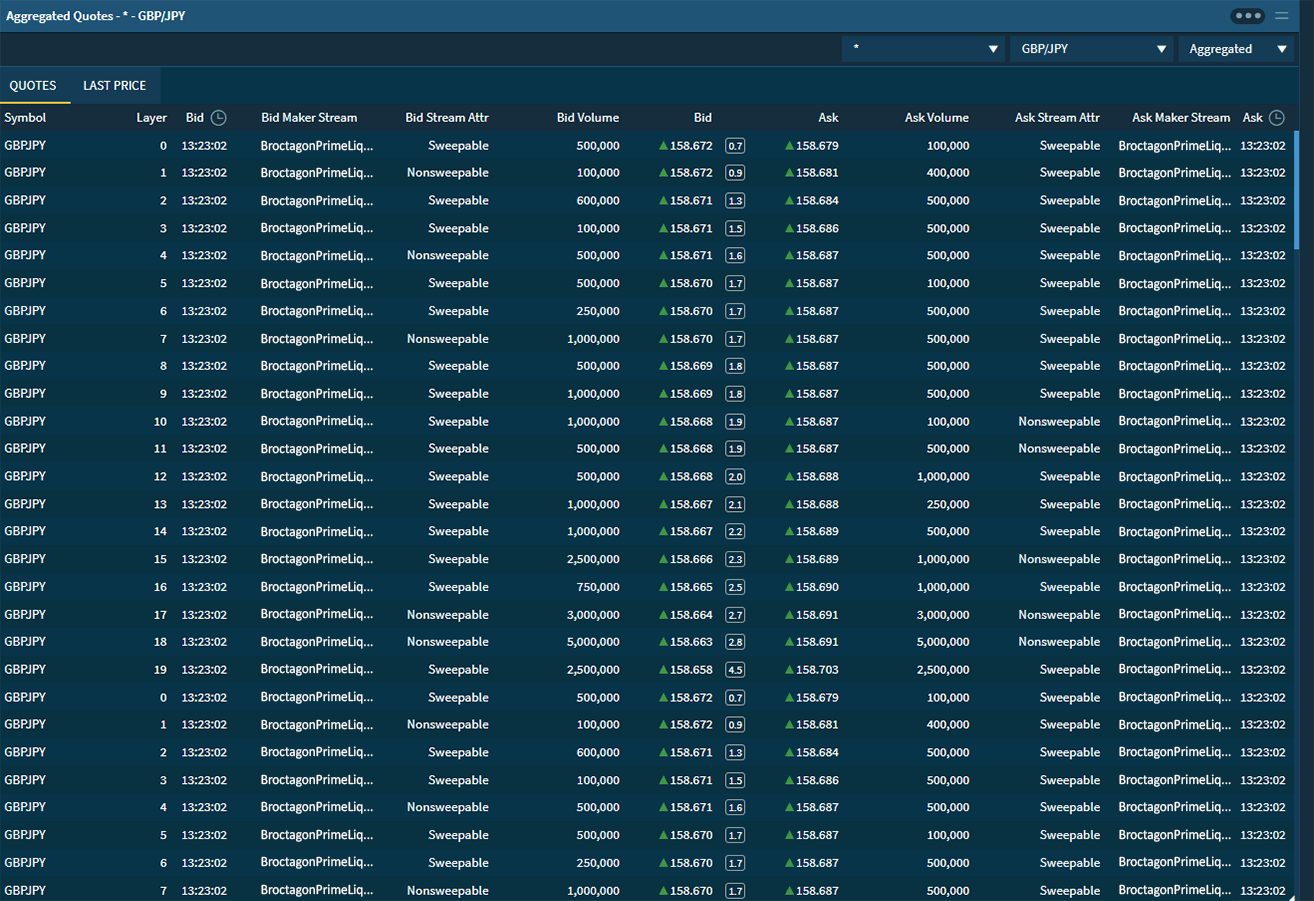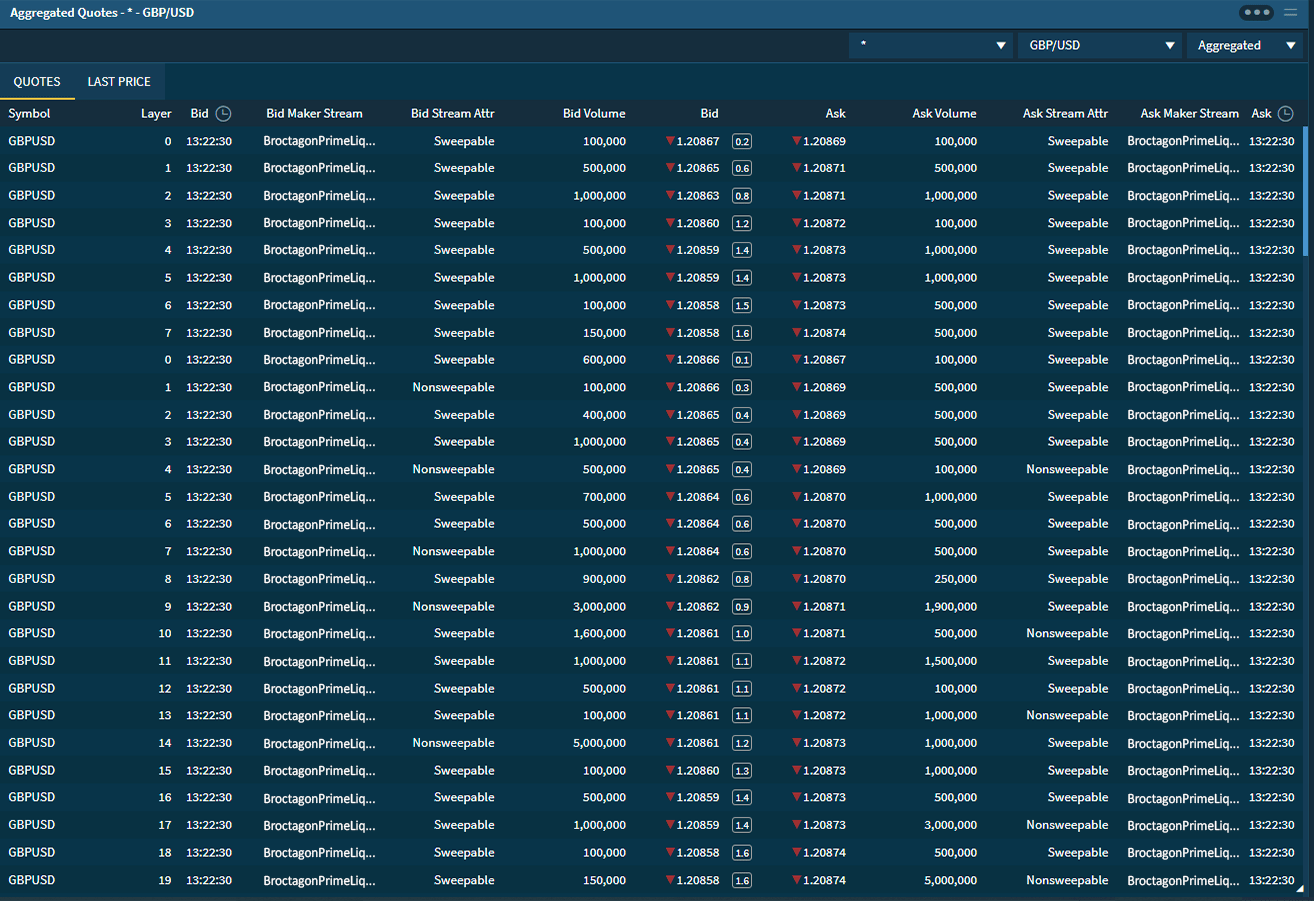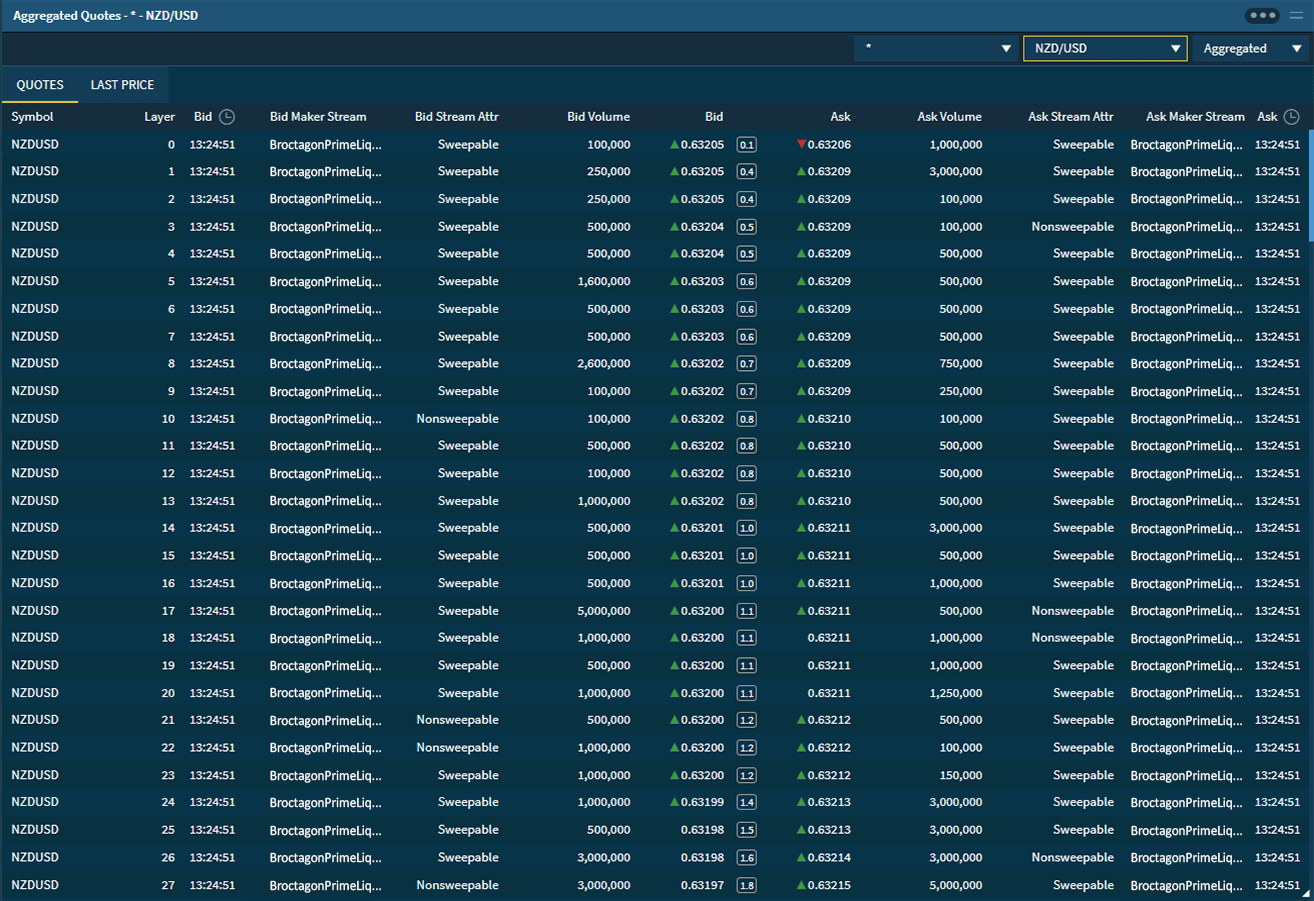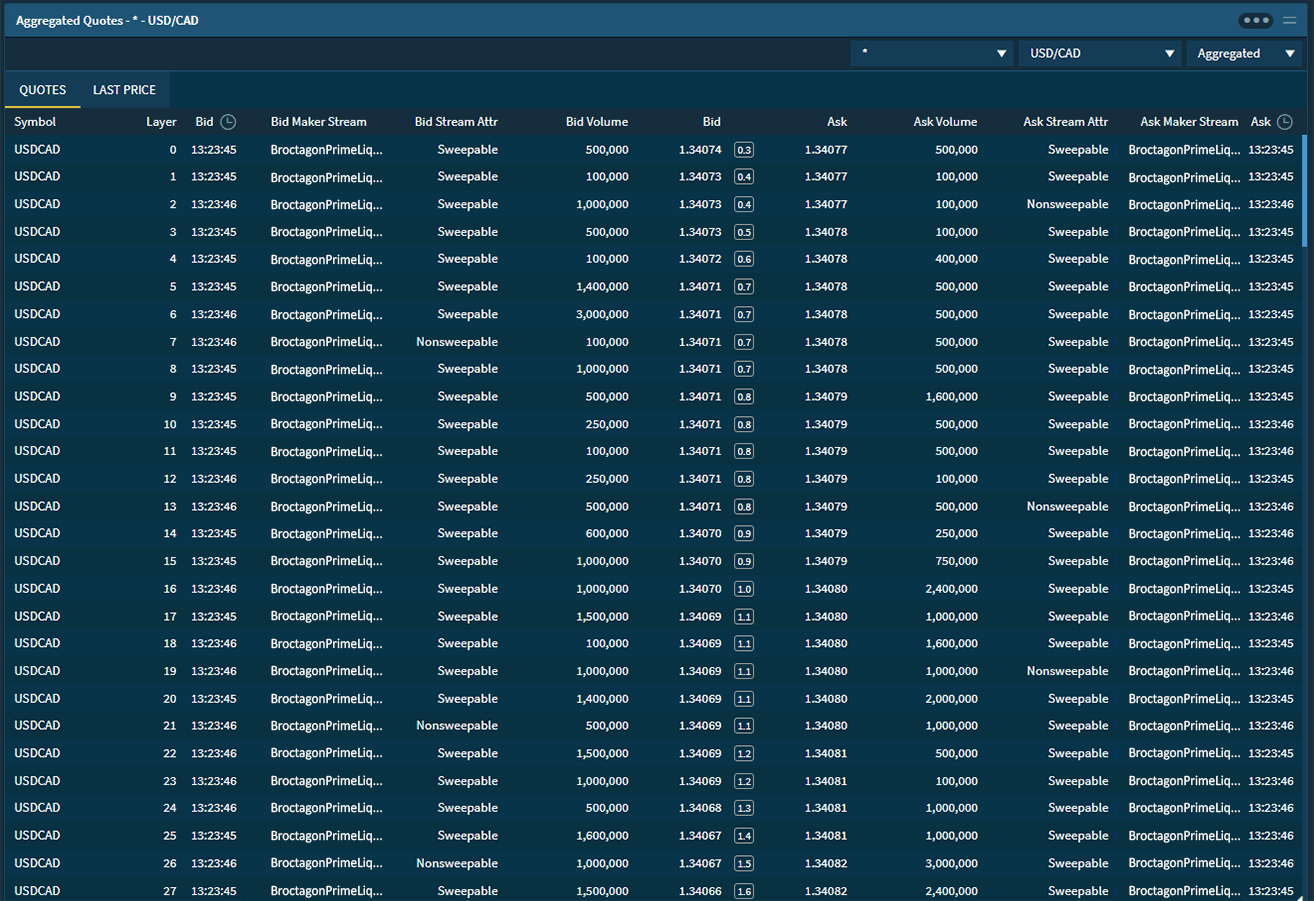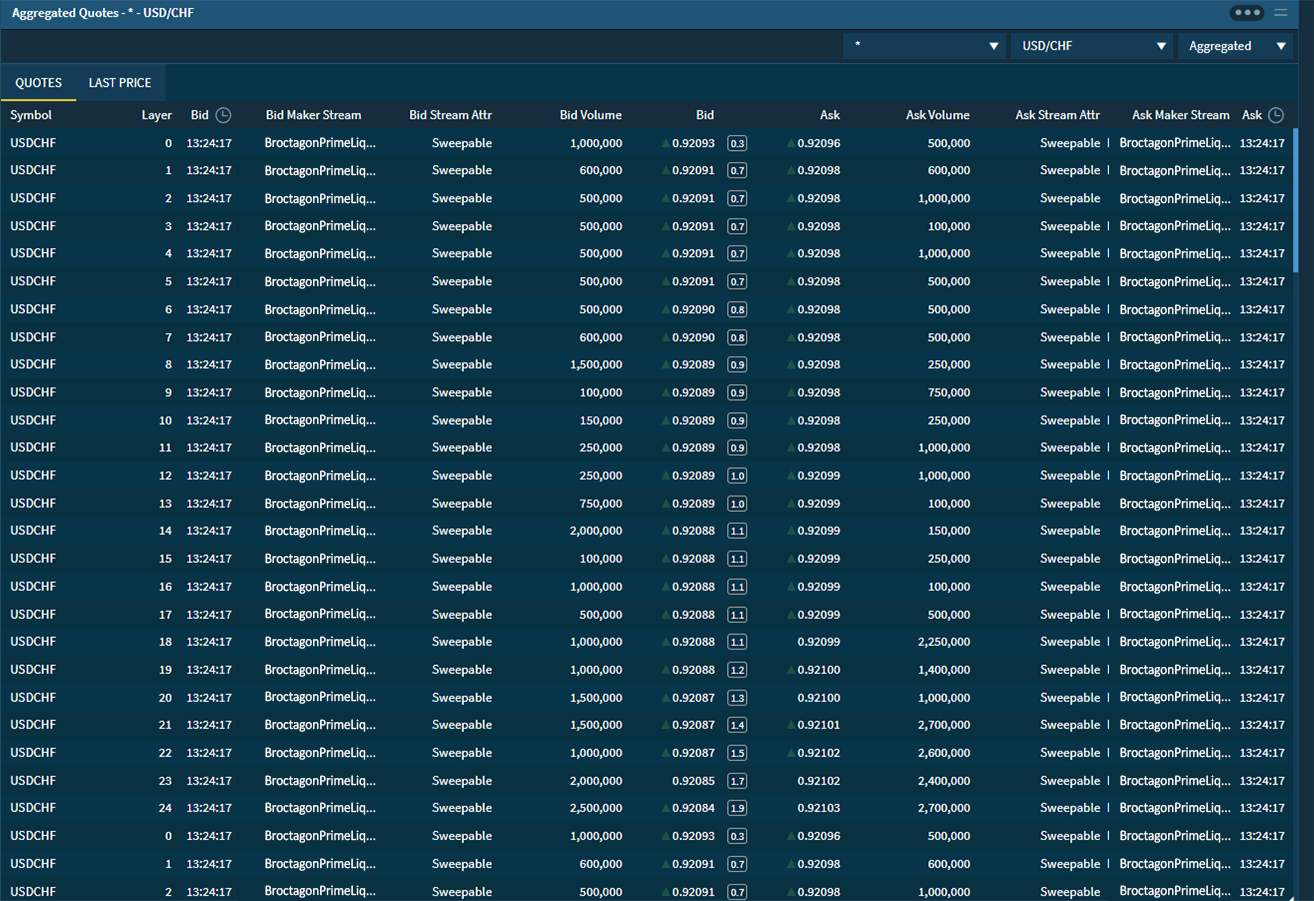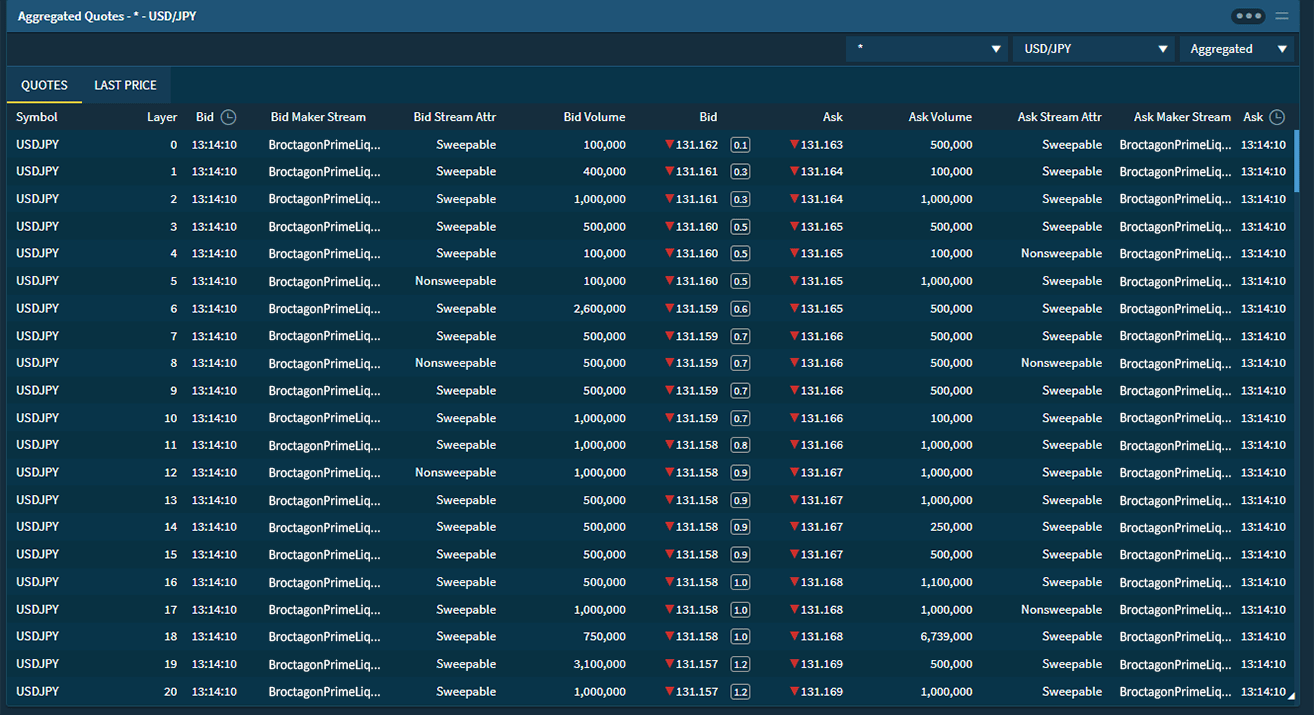Published on

Issue Jan-Feb 2020
Rapid urbanisation is leading to smarter cities that improve the lives of citizens through technology
Having smart technological solutions in place for our cities will soon become an essential rather than a nice-to-have according to Don Guo, CEO, Broctagon Fintech Group, says.
“Take pollution control for example,” he says.
“With growing global fears around climate change, how we manage our cities is becoming ever more important. Technology can facilitate better urban planning and solve pertinent problems like waste, congested traffic and population growth with more data.
“Having an interconnected city can also allow governing bodies to make more informed decisions. Technology like blockchain can facilitate this, bridging all the different aspects of city management together to give officials an accurate and detailed overview of the city.”
Blockchain
While IoT will undoubtedly play a large role in smart cities, blockchain is also at the forefront of smart city innovation. This is highlighted by China’s recent decision to launch a blockchain-based identification for its smart cities. The country has committed to build 100 smart cities by 2020, much of which will likely be underpinned by blockchain tech.
“There are a number of processes that the technology can automate or make more efficient,” Guo adds.
“As a result, it is no surprise that more and more cities are looking into using the technology in their operations. One such application of blockchain in smart cities is Decentralised Identity (DID). This allows individuals to create universally-recognised authentic IDs, making it much easier to register for services like voting, driving licenses, banking and electricity.”
The technology could also have a major effect on the way cities handle real estate, from property purchasing to due diligence to title management.
“A lot of processes in real estate are paper-based and complex, with many stakeholders involved — including landlords, property managers, tenants, and vendors,” Guo says.
“Blockchain-recorded titles and deeds and Smart Contracts Property Leasing can limit the number of intermediaries in the process, whilst also improving trust and transparency.”
Read the full article on e-magazine Connected Technology Solutions.

